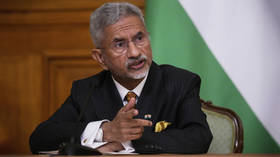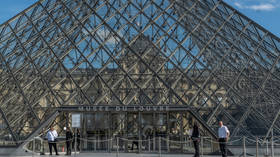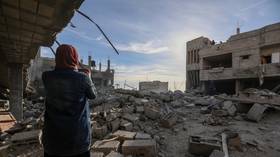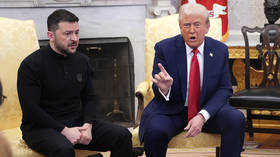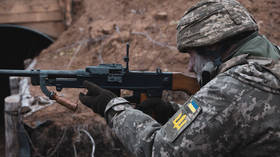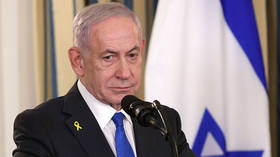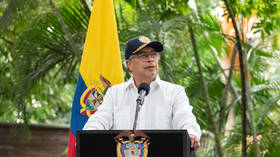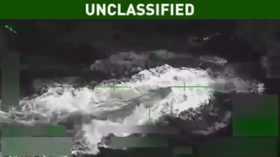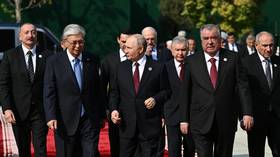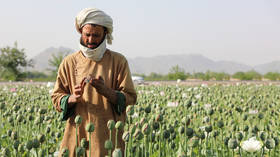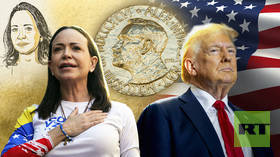India to use BRICS presidency to promote global stability – former Russia envoy
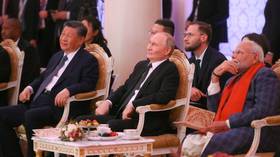
India will use its BRICS presidency in 2026 to promote global stability and address key issues concerning the Global South, D.B. Venkatesh Varma, the former ambassador to Russia, said on Monday.
Speaking on the sidelines of the annual meeting of the Valdai Discussion Club in Sochi, Varma said India carries a “huge responsibility” at a critical juncture.
“We are clear that we will use this [BRICS presidency] to promote stability in the international system, more peace... increase energy and food security, development prospects for the Global South and the youth,” he said.
Varma added that this approach is reflected in the growing importance of groupings such as BRICS and the Shanghai Cooperation Organization.
The geopolitical dimensions of multipolarity, however, are not without challenges, the former diplomat said at a session of the Valdai Discussion Club. He added that the Ukraine conflict has had repercussions that extend well beyond the battlefield.
Former 🇮🇳 Ambassador to 🇷🇺 D. Bala Venkatesh Varma at the Valdai Discussion Club on India's Evolving Role in a Multipolar WorldVarma highlighted India's commitment to increasing energy and food security, as well as addressing developmental aspects for the Global South and its… https://t.co/J1dwDxWhJ2pic.twitter.com/IgjxFdROvB
— RT_India (@RT_India_news) September 29, 2025
Varma noted the unequal burden on countries like India, which is facing a 25% penal tariff from the US for purchasing Russian oil, while others such as China remain unaffected by similar tariffs. “This exposes clear double standards at play,” he said.
He also argued that international systems rooted in post-World War II structures have been slow to adapt to changing realities. The demand for reforms in the UN Security Council has been pending for decades, yet the momentum for change has often been stifled.
Regarding the effectiveness of multipolarity, Varma cautioned that much depends on how major powers conduct themselves. “If China believes and acts in the larger global good, to use its power and influence to share benefits rather than seek dominance – unlike the hegemonic approach taken by Western powers in the past two centuries – then that is one way to go,” he said. However, he warned that if any resurgent power resorts to hegemony, India will resist. “And I am sure that will be the case for Russia as well,” he added.
